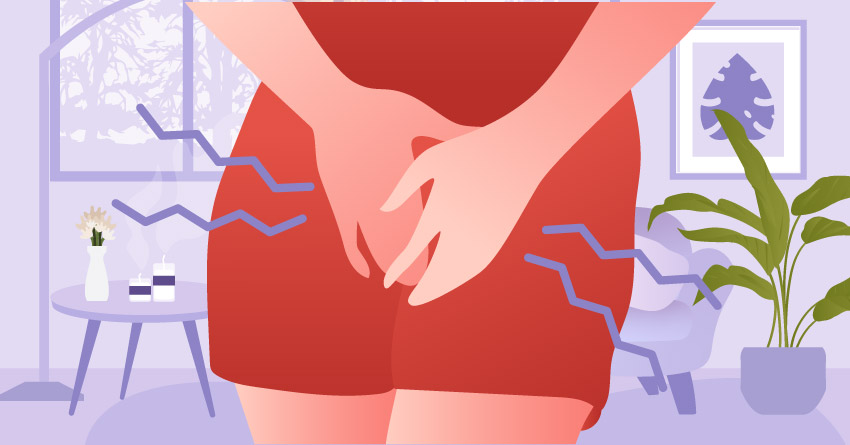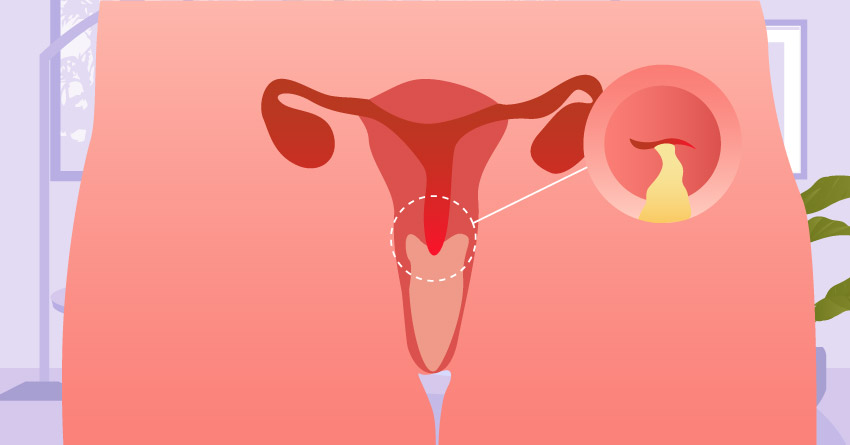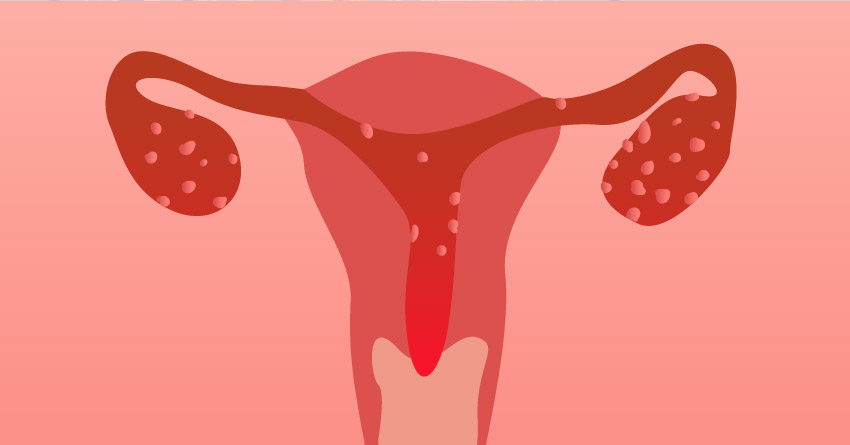
This Ureaplasma article is meant to provide valuable information for the reader; however, it is not a substitute for direct expert assistance. Consult a medical professional for immediate treatment if you’ve gotten this infection.
When it comes to sexually transmitted infections, you mostly hear about chlamydia, gonorrhea, HIV, genital herpes, and syphilis. However, there’s an infection that doesn’t get nearly enough attention: Ureaplasma infection.
It may have escaped the spotlight, but its impact on our lives and well-being remains significant, which is why this guide is here to help you learn about this condition and the steps you can take should you end up with one.
What is Ureaplasma?

Ureaplasma isn’t technically bad for your body. In fact, they’re part of the human microbiome that aids digestion, fights off infections, maintains reproductive health, and performs other helpful functions.
However, there are times when these harmless bacteria can overgrow, causing inflammation in your healthy tissues. This overgrowth can lead to infections that, if left unchecked, might stir up some trouble. Also, Ureaplasma doesn’t come with a cell wall, making it resistant to common antibiotics like penicillin. This is why it’s important to consult your medical provider if you feel the symptoms, as you need specific medications to fight the infection.
This infection can be passed during oral, vaginal, and anal sex. Pregnant women with Ureaplasma infection can transmit it to their fetuses or babies.
However, there are also cases where a person can get the infection without sexual contact. The infection can occur as long as there’s an overgrowth of Ureaplasma.
That said, the best way to avoid contracting this infection is by abstaining or by using condoms and dental dams during sex, as well as getting regular check-ups to see if there’s something amiss with your body.
What are the Symptoms?
Speaking of symptoms, let’s discuss the signs of a person having a Ureaplasma infection. Remember that every individual may experience different symptoms; there are also cases where a person doesn’t have symptoms.
That said, there is no need to experience all the signs listed below before seeing a medical professional. If you feel something’s off, consult your healthcare provider immediately.
1Painful Urination

Have you ever felt a sharp sting or discomfort while urinating? That could be your body’s way of telling you that something’s not right. Painful urination often raises a red flag. This symptom can occur in both men and women.
2Unusual or Foul-smelling Discharge

If you’re a dude, you might notice an unusual leak or wetness at the tip of your penile area. The discharge may also smell and look different than usual. It might seem minor, but it’s a notable sign that warrants attention.
Women with Ureaplasma can also experience this. If your vaginal discharge appears abnormal in color, consistency, or odor, it clearly indicates that something might be off.
3Lower Abdominal Pains

This symptom is specifically for women or people with vulvas. Are you experiencing persistent discomfort or cramps in your lower abdomen? Sometimes, your body reacts to infections with pain signals, urging you to investigate further.
4Difficulty in Conceiving

Here’s where the impact of this infection becomes especially significant. Studies have shown that Ureaplasma bacteria, including a specific strain called Ureaplasma urealyticum, have been found in both men and women struggling with infertility.
This situation becomes particularly daunting for couples trying to conceive without success for a year or more. In men, these bacteria can affect sperm count and the ability to move effectively. In women, Ureaplasma infections might make achieving pregnancy more difficult.
What are the Complications?
If left untreated, a Ureaplasma infection can increase your risk on the following conditions:
1Prostatitis

For men, this infection can trigger prostatitis, a distressing inflammation of the prostate gland. It generally comes in four types:
- Acute Bacterial Prostatitis: It’s characterized by sudden and severe symptoms caused by a bacterial invasion of the prostate gland.
- Chronic Bacterial Prostatitis: In this type, there is a persistent or recurring bacterial infection in the prostate, often with milder symptoms that can be ongoing over time.
- Chronic Prostatitis/Chronic Pelvic Pain Syndrome: Unlike bacterial forms, this type involves persistent or recurring pelvic pain and urinary tract symptoms.
- Asymptomatic Inflammatory Prostatitis: In this unique scenario, the prostate shows signs of inflammation, but intriguingly, there are no accompanying symptoms. It’s a condition where the inflammation exists without causing any noticeable discomfort.
As for the symptoms, you may experience pain during urination, discomfort in the pelvic region, cloudy urine, blood in the urine, painful ejaculation, dribbling or hesitant urination, and sometimes flu-like symptoms (fever and muscle aches).
If left untreated, it can cause bacterial infection in the blood or bacteremia, prostatic abscess, epididymitis, or infection of the upper pelvic bone.
2Endometritis

In women, a Ureaplasma infection can lead to endometritis, an inflammation of the inner lining of the uterus. This condition disrupts the uterine environment essential for conception, potentially hampering fertility.
Common symptoms include pelvic pain, unusual vaginal bleeding, discomfort during sexual intercourse, and general feeling that something’s off with your body. If left untreated, it can lead to infertility, pelvic or uterine abscesses, or infection in your blood.
3Kidney Stones

This infection is also associated with the formation of kidney stones. These small, crystalline structures can cause excruciating pain and often require medical intervention. As for the symptoms, you may experience the following:
- Severe, sharp pain in the side and back, below the ribs
- Pain that radiates to the lower abdomen and groin coming in waves and varying in intensity
- Pain or burning sensation during urination
- Persistent urge to urinate, frequent urination in small amounts
- Pink, red, or brown urine
- Cloudy or foul-smelling urine
- Nausea and vomiting
- Fever and chills
If left untreated, the stones can get stuck and block your ureters, leading to intense pain, kidney infection, and even sepsis— a serious condition in which the body responds severely to an infection. Untreated kidney stones can also lead to chronic kidney disease and kidney failure.
4Bacterial Vaginosis

Another complication from this infection is bacterial vaginosis, a common vaginal infection. It disrupts the natural balance of vaginal flora, leading to symptoms such as itching, unusual discharge, and a distinct odor in your genitals. The discharge, often described as thin, grayish-white, and with a fishy odor, is a clear indicator of BV.
Now, this condition can resolve on its own, and you may need to wait around 2 weeks for that. However, you can consult your healthcare provider to speed up the process, as the symptoms are incredibly uncomfortable and can affect your day-to-day routine. If left untreated, it can increase your risk of sexually transmitted infections such as chlamydia, gonorrhea, herpes, and HIV.
5Cervicitis

Cervicitis, inflammation of the cervix, often presents with pelvic pain, increased vaginal discharge, and discomfort during sexual activity. Beyond the physical discomfort, cervicitis can cause emotional distress and strain intimate relationships. If left untreated, it can cause further pain in the pelvic region and lead to Pelvic Inflammatory Disease or PID.
6Pelvic Inflammatory Disease (PID)

Lastly, this infection can escalate to pelvic inflammatory disease (PID), a serious condition affecting the reproductive organs. PID can cause chronic pelvic pain, fertility issues, and complications during pregnancy. If left untreated, it can result in infertility and peritonitis, the inflammation of the tissue that lines the abdomen’s inner wall.
7Premature Birth or Miscarriage

If an expecting woman gets infected with Ureaplasma, pregnancy complications may occur, which include premature birth, premature rupture of membranes, or miscarriage. This is why all pregnant women should undergo prenatal check-ups so infections like Ureaplasma can be detected early and treated immediately.
How Is It Treated?

If you notice unusual discharges or pelvic pain in your body, consult your healthcare provider. Make sure to let them know when the last time you’ve had unprotected sex, as you’ll need to wait two weeks after potential exposure to get tested for Ureaplasma; it ensures that the infection will be accurately detected.
Depending on the case, the doctor may ask for your cervical swab, urine sample, or endometrial swab. The doctor may also conduct an endometrial biopsy, where they’ll take a small piece of tissue from the lining of your uterus for testing.
If you’re positive for a Ureaplasma infection, you’ll be prescribed antibiotics, such as azithromycin or doxycycline. You may also be prescribed fluoroquinolones if the initial course of antibiotics is not working. You’ll also be advised to refrain from doing any partnered sexual act to prevent transmission of the infection.
Frequently Asked Questions

Whether you’re looking for a quicker way to understand this infection or have further inquiries, you can count on this section. We’ve gathered and answered the most common queries below.
1Does having Ureaplasma cause infertility?
Having Ureaplasma doesn’t automatically make a person infertile. However, if the condition is left untreated, it can cause other conditions, like Pelvic Inflammatory Disease, that could lessen your chances of getting pregnant.
2Can hormonal birth control prevent a Ureaplasma infection?
The best contraceptives to prevent sexually transmitted infections like Ureaplasma are condoms and dental dams since they stop the other person’s genital discharges from contacting your genitals.
3How fast does a Ureaplasma infection clear?
It can be cleared as early as seven days if you strictly follow the prescribed treatment.
4Can Ureaplasma infection increase the risk of other sexually transmitted infections?
Yes, it can increase your risk of (HSV Herpes simplex virus) or syphilis.
5Can a Ureaplasma infection go away on its own?
Yes, this infection can go away without medications. But for those experiencing symptoms, it’s better to get immediate medical help instead of waiting it out.
6Is Ureaplasma the same as a urinary tract infection (UTI)?
Though Ureaplasma can cause urinary issues, it’s still different from UTI. For instance, UTIs are usually caused by different bacteria, such as Escherichia coli (E. coli).
7Can Ureaplasma infections occur in men and women?
Yes, a Ureaplasma infection can affect both men and women. It can cause various symptoms in the genital and urinary tracts, leading to discomfort and further complications if left untreated.
8Can Ureaplasma infections recur after treatment?
Yes, it’s possible, especially if the individual didn’t fully follow the prescribed treatment or if they had unprotected sex with an individual with a Ureaplasma infection. That said, it’s important to complete the prescribed antibiotic treatment and follow safe sex practices to reduce the risk of recurrence.
9Is there a vaccine to prevent Ureaplasma infections?
Nope, there’s no vaccine yet. You can only prevent a Ureaplasma infection through safe sex practices, regular check-ups, and open communication with sexual partners.
10Can a Ureaplasma infection be detected in routine STI screenings?
As of today, it’s usually not included in routine STI screenings. You may need to ask for specific tests to detect Ureaplasma. So, if you feel like you have this infection, it’s best to talk to your doctor and request for those specific tests.
Takeaway
Ureaplasma may not be as common as other sexually transmitted infections, but the complications it can bring can be as dangerous. That’s why learning about these uncommon sexually transmitted infections is a must, as it may be useful in the future. Stay vigilant, curious, and, most importantly, be proactive about your sexual health.
Whether you’re seeking prevention tips, dealing with symptoms, or simply curious, never hesitate to consult healthcare professionals. Don’t also forget safe sex practices, such as wearing a condom, not sharing sex toys with your partner, and peeing after sex.


















